For DCPS, culture isn't left to chance—it's something they actively measure.
At District of Columbia Public Schools (DCPS)—one of the nation’s largest 100 school districts, serving more than 50,000 students across 117 schools—leaders are reshaping how school culture is understood and cultivated.
Rather than treating culture and climate as abstract ideas, DCPS is proving they can be measured, monitored, and strengthened with intention. This shift has fueled a transformation in student support systems, school climate, and academic recovery.
Challenges
- Student support data at DCPS was fragmented and inconsistent, making it difficult for educators to monitor progress or coordinate interventions effectively.
- The district's efforts to improve school climate and student belonging were guided by assumptions rather than data.
- Suspensions were disproportionately high among a small group of students.
- Educators had few tools to analyze student needs holistically, leading to reactive rather than preventive support strategies.
Solution
Results
- Out-of-school suspensions (OSS) dropped sharply, following a new policy requiring support plans before issuing additional suspensions. The district saw an 80% decrease in students with 16+ OSS days.
- Discipline referrals were reduced by 50% as schools adopted more proactive, data-informed approaches to supporting student behavior.
- Student belonging and safety scores increased, particularly in schools that implemented regular Check-Ins.
- Academic growth outpaced national averages, with students in grades 3–8 gaining 0.74 grade levels in math and 0.26 in reading between 2022 and 2024.
Challenges
In the wake of the pandemic, DCPS needed to rebuild trust, connection, and engagement among students. But leadership recognized that they couldn’t rely on intuition or isolated efforts. They needed systematic, reliable data to guide decision making.
The district faced several intertwined challenges. It lacked a consistent way to monitor which adult practices were most effective in fostering safety and belonging. At the same time, leaders recognized that—just like instruction—school culture doesn’t improve by chance. They believed that specific, replicable adult actions could make a meaningful difference, but these practices were not clearly defined or easy to scale.
Additionally, data on student interventions was siloed, inconsistently collected, and difficult to use for proactive planning. Finally, behavioral challenges were concentrated among a small group of students, yet the district lacked a scalable strategy to address repeated suspensions with nuance and care.
Ultimately, DCPS needed a way to both measure and influence school culture—not as an abstract ideal, but as a practical, trackable driver of student success.
Solution
Strategic Planning Backed by Survey Data
DCPS began by piloting a wide range of adult practices across 25 schools and measuring their impact using Panorama Surveys and Engagement. This approach allowed the district to identify the practices with the greatest effect on student sense of belonging and safety. Among them, the regular administration of Check-Ins emerged as a standout strategy to quickly gauge how students were feeling and what they needed.
These short, structured touch points between students and adults were simple but powerful. Schools that implemented Check-Ins regularly showed significant improvements in survey results, particularly around feelings of safety and connection.
Recognizing their potential, DCPS institutionalized monthly Check-Ins across the district, with schools encouraged to build them into their routine and use the data to shape follow-up supports. “Just having a regular touchpoint is a treatment in itself,” said Michael Lamb, Deputy Chief, Science of Learning and Development. “What matters most is thinking formatively about students’ sense of belonging and safety.”
Data-Driven Interventions and Success Plans
Panorama Student Success enabled DCPS to overhaul its approach to student interventions. In the past, data was scattered, inconsistently tracked, and inaccessible to many educators. With Student Success, the district brought every Success Plan into one centralized platform.
Proactively identify who needs support with Panorama Student Success (demo data displayed)
Panorama’s intervention tagging feature allows leaders to differentiate between plans created collaboratively (e.g., during MTSS meetings) versus those done in isolation. DCPS leaders can now identify which processes result in higher-quality support. “A good intervention plan reflects a good intervention process,” said Lamb. “Panorama lets us see across schools and clusters what’s working and where we can improve.”
Results
DCPS has seen a dramatic decline in suspensions and cut discipline referral rates in half. To tackle disproportionate suspension rates, DCPS implemented a policy that prohibits additional out-of-school suspension (OSS) days unless a success plan is in place. This “line in the sand” shifted the focus from punishment to support. As a result, suspension metrics saw dramatic improvement:
- 21% decrease in students with 6+ OSS days
- 61% decrease in students with 11+ OSS days
- 80% decrease in students with 16+ OSS days
The district has completed more than 35,000 Check-Ins this school year, empowering educators to more quickly respond to student needs. Most importantly, in schools that implemented Check-Ins consistently, students reported stronger feelings of safety and connection. This was especially true in sixth grade—a key transition year targeted by DCPS' “6th Grade Academies” initiative—where belonging improvements corresponded with increased attendance and fewer behavioral incidents.
The results of DCPS’ culture-first strategy reveal a powerful insight: when students feel like they belong, academic recovery follows. Students in grades 3–8 advanced by approximately 0.74 grade levels in math and 0.26 in reading from 2022 to 2024, outpacing national averages. This achievement across the district led to DCPS being highlighted as a “bright spot” on the Education Recovery Scorecard, which tracks academic progress across key districts.
Beyond the data, a cultural transformation is underway. Staff now begin MTSS meetings by discussing student strengths, reframing conversations around curiosity, trauma-informed support, and asset-based thinking. “We’re not just talking about behavior anymore,” said Lamb. “We’re talking about belonging. We’re changing the story.”



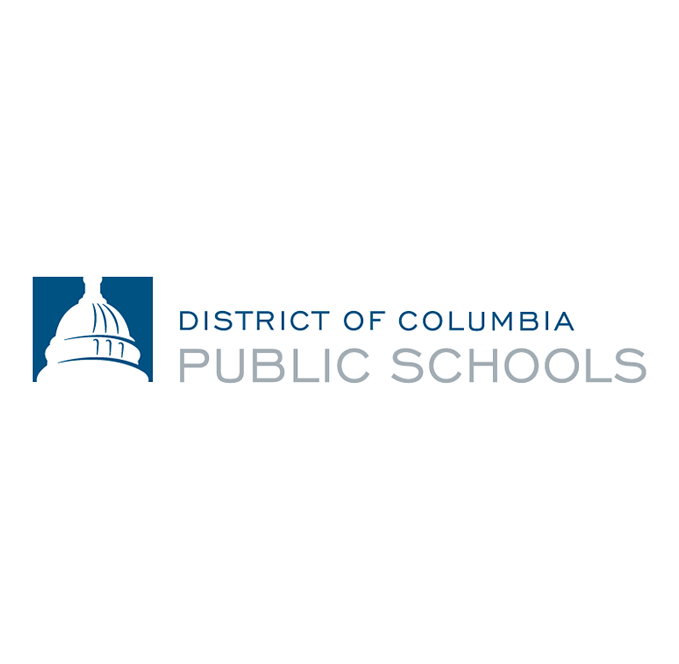



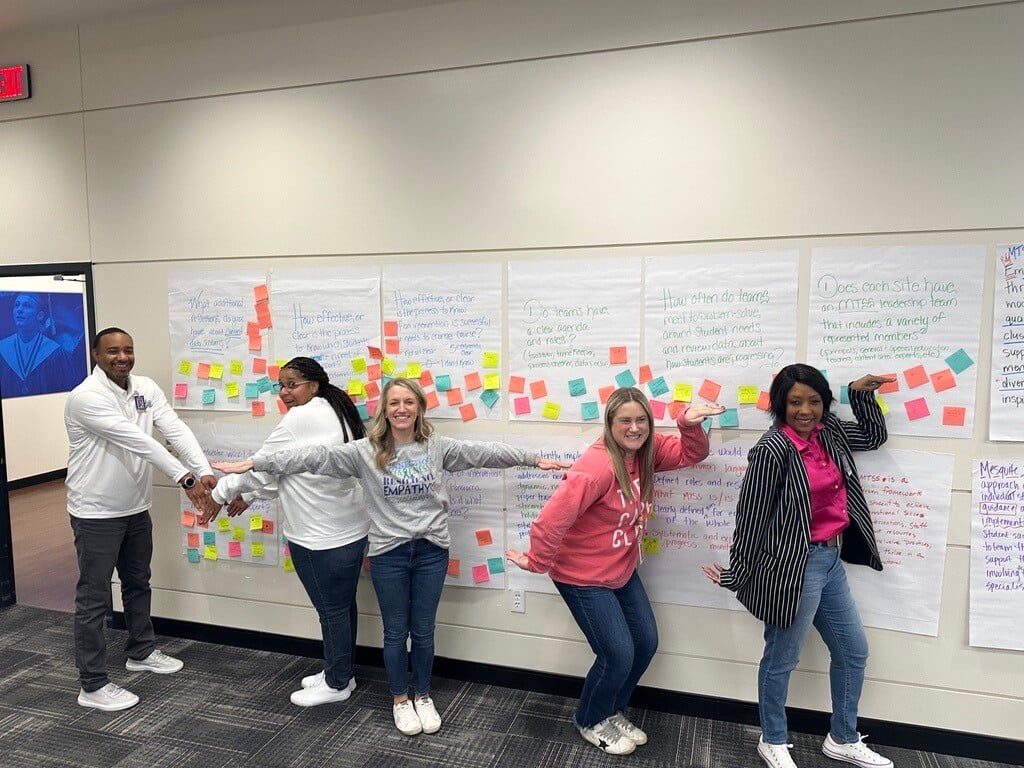
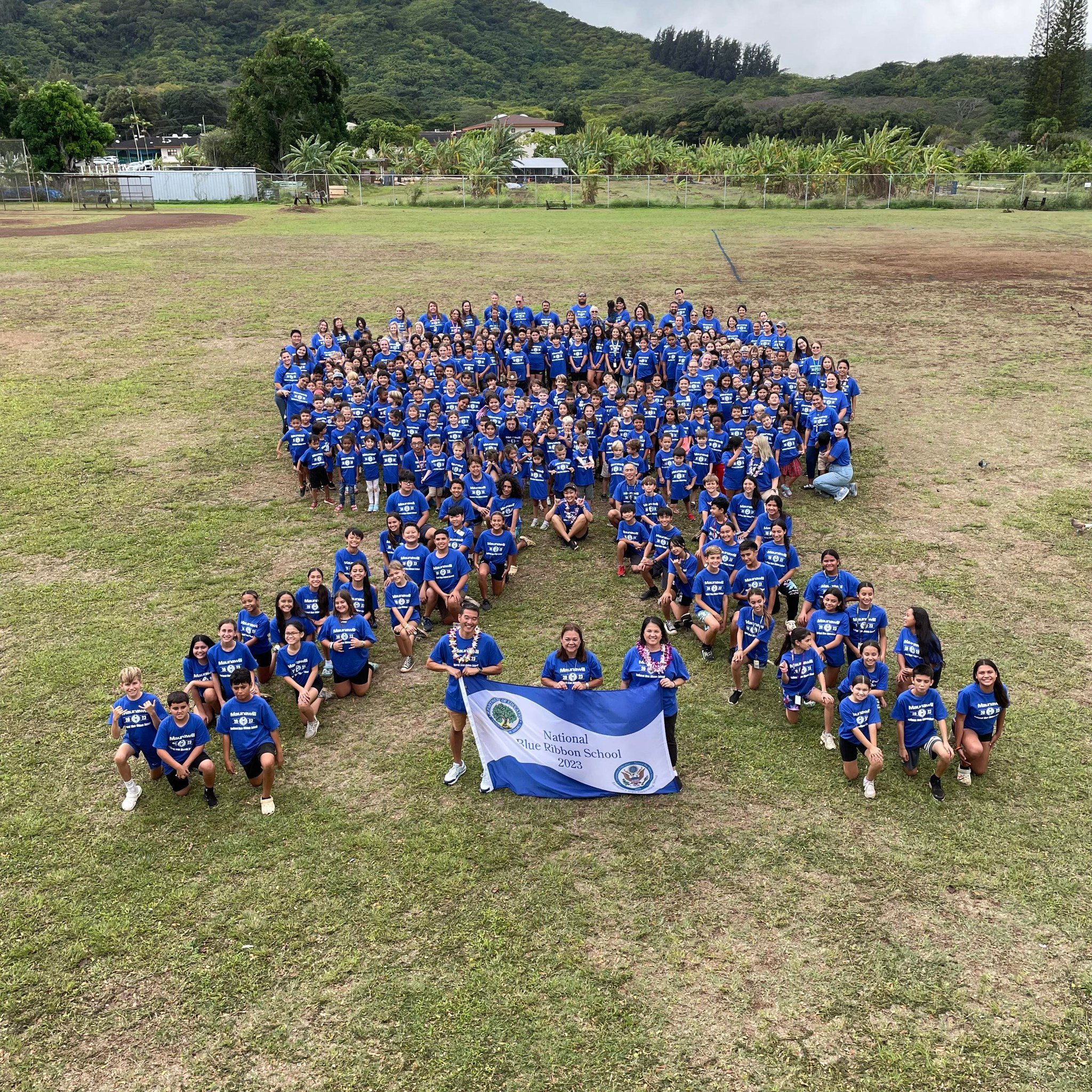
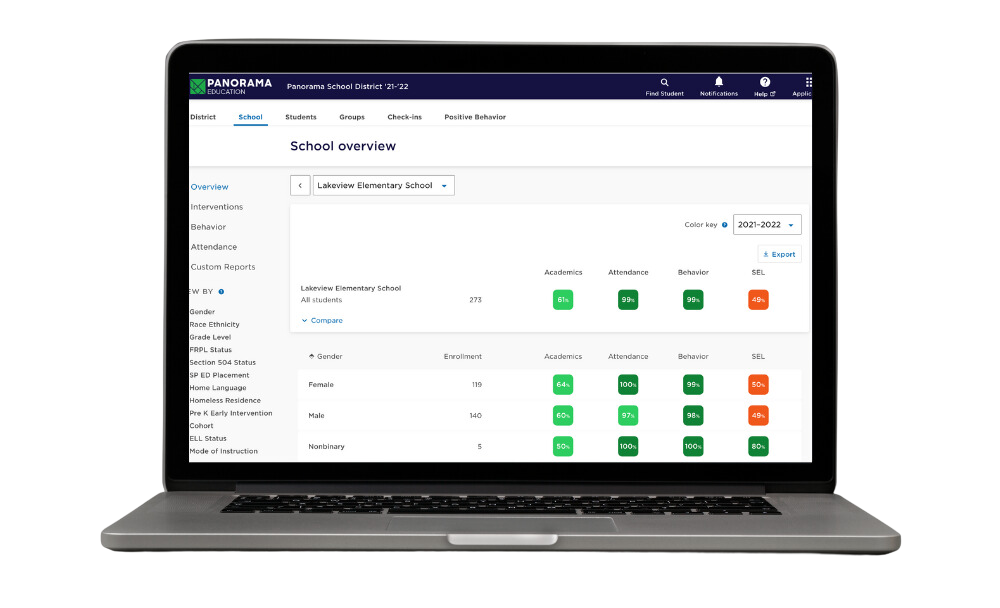
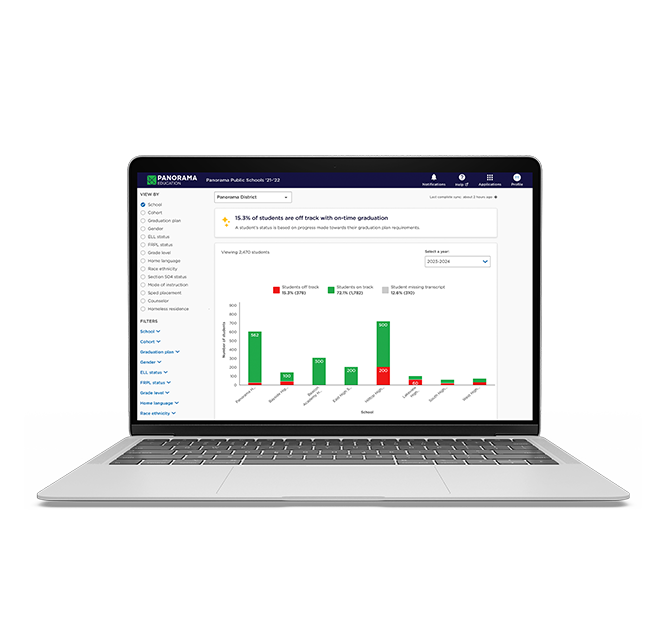

![How AI Ready Is Your District? [Infographic]](https://www.panoramaed.com/hubfs/iStock-1912513615.jpg)